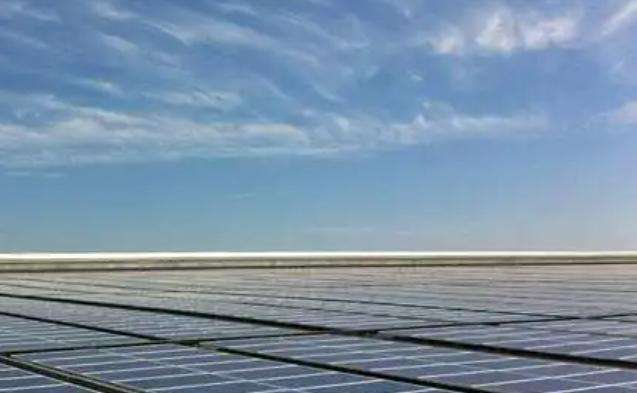In the process of water electrolysis, electrical energy is not only consumed by the decomposition of water, but part of the electrical energy is also converted into thermal energy and lost. In fact, the efficiency of water electrolyzers used in industry is often between 60 and 80%. The specific efficiency depends on the operating pressure, operating voltage, current and many other parameters of the electrolyzer. Simply put, if 100 parts of electrical energy are consumed in the process of electrolysis of water, only 60 to 80 parts of that energy are used to convert the water into hydrogen and oxygen. If the reaction of hydrogen and oxygen is used to generate electricity, there are generally two ways: one is to use a fuel cell to directly combine hydrogen and oxygen into the water and produce electricity at the same time. Thisefficiency is generally between 50 and 70%, but fuel cell battery conversion technology is basically still in the experimental stage; the second is to obtain heat energy by burning hydrogen and oxygen, then drive the heat engine to generate mechanical energy, and then use a generator to convert the mechanical energy. energy into electrical energy. Unfortunately, the conversion efficiency of this process is often only 30-40%. Therefore, the overall efficiency of electrolyzing water and then using hydrogen and oxygen to produce electricity is typically between 18 and 56%. Therefore, this approach is only used for specific purposes such as experiments.
What is the shortest conversion time for electrolyzed water?
Introduction What is the shortest conversion time for electrolyzed water? In the process of water electrolysis, electrical energy is not only consumed by the decomposition of water, but part of the electrical energy is also converted into thermal energy and lost. In f














